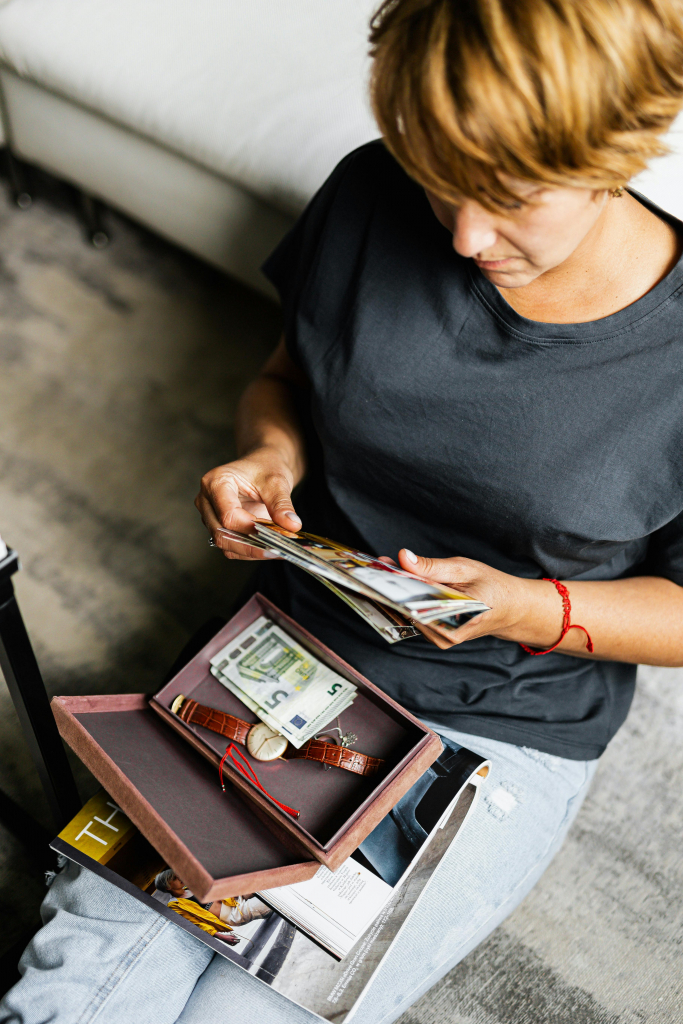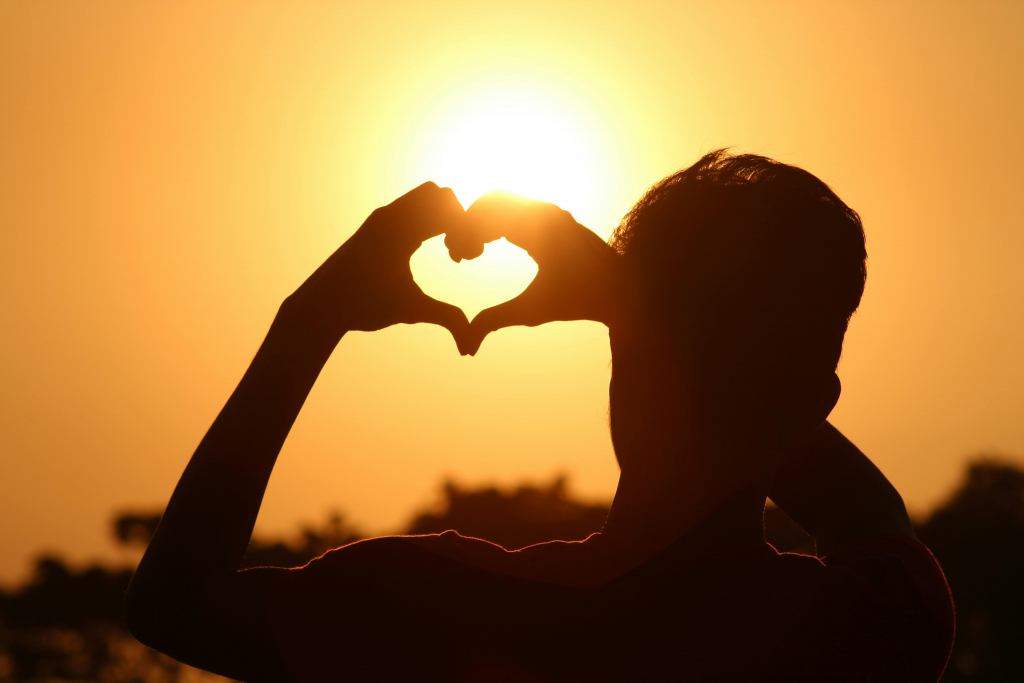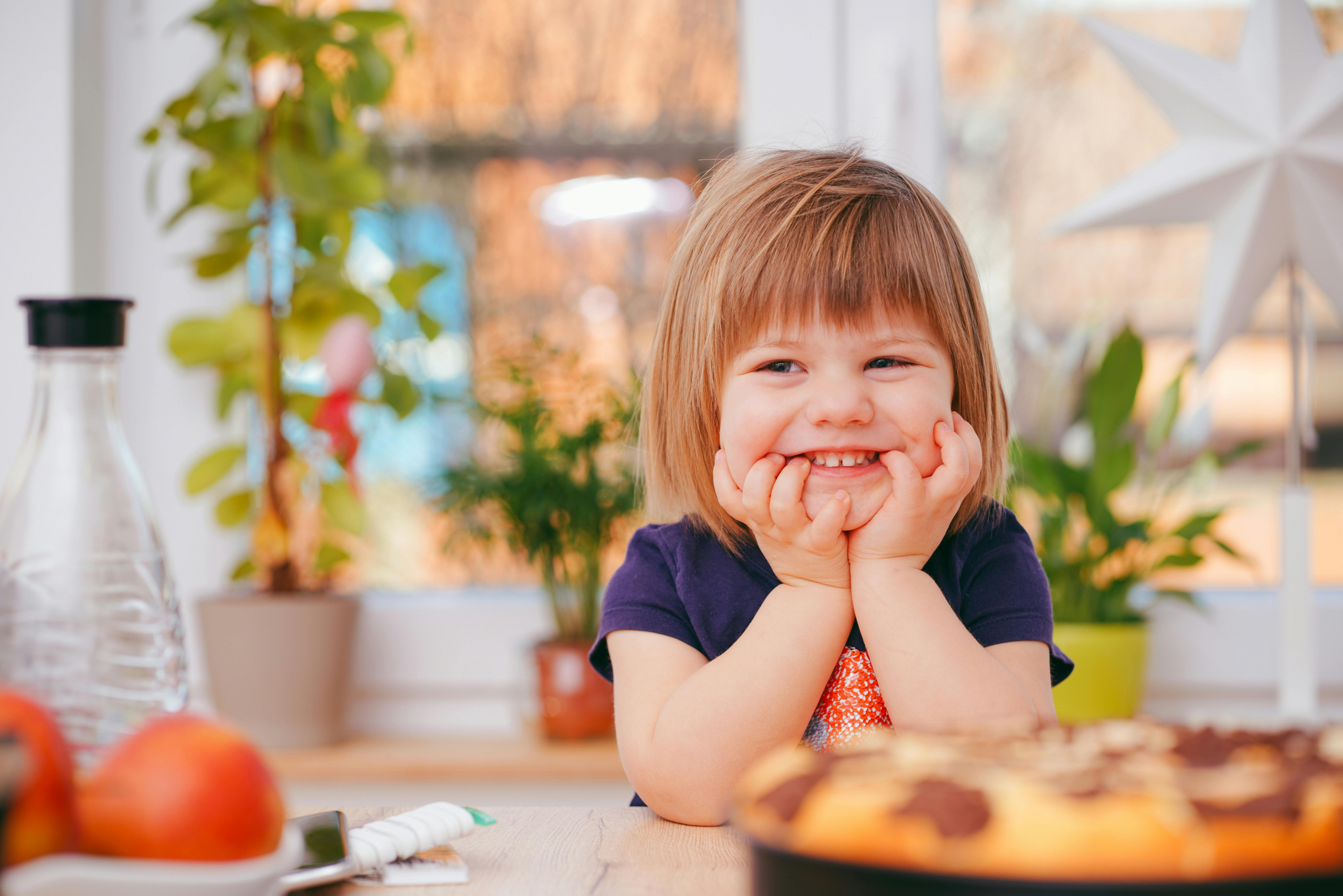What it’s Like to be an Adopted Child
My adoptee experience started through domestic infant adoption. I was born in the late 90’s, and through word of mouth, my biological mother found my adoptive parents. My birth mother was in desperate need of a placement as she neared the end of her pregnancy with me.
She had a potential adoptive family walk with her through her pregnancy, and in the final days of her pregnancy, she discovered information that made her change her mind. At 9 months pregnant, after already settling on placing me for adoption, she was faced with a very difficult choice again, to parent, or not to parent. Just a few weeks before I was born, she met my adoptive parents and chose them to be my forever family.
Growing up in my adoptive home was extremely pleasant. For the first 15 years, I was an only child. All of my parents’ love, time, and affection were poured only into me. I had 13 first cousins on my mother’s side who all lived nearby. I spent my summers playing with my cousins in the rural countryside of Michigan. We shot BB guns, swam in lakes, ate PB&J, went camping by Lake Michigan, played with kittens, and caught frogs. I loved every second of it.
Despite this idealistic childhood, there was always something unsettling looming over me in the back of my mind. I was the only adopted child in my extended family. I didn’t even know that I was adopted until I was 8 years old. When I proudly announced this factoid to all of my close cousins, they responded with, “we know.” Everyone around me knew and I didn’t. I was quite confused and frustrated about this; but, as an 8-year-old, I had no way to express these big emotions. Adoption was only ever spoken about in a positive light to me. It was a positive childhood experience, but adoption in its entirety is not only rainbows and butterflies.
Adoption was a taboo idea in my home. Anytime it came up, my adoptive mother was visibly uncomfortable. She didn’t shut down the conversation, but she certainly didn’t start the conversation and she hardly engaged. I was perpetually curious and I had nowhere to go for answers.
Besides knowing the first names of my birth parents, I had no other information and my adoptive parents weren’t relenting. I was a people-pleasing child, and I didn’t push the invisible boundaries. I didn’t think much about adoption shortly after I was told I was adopted, but once I hit about 13, the idea resurfaced.
I was going through adolescence. Not only was I at an incredibly delicate age, but my friends were beginning to become curious about my adoption. Questions like “Who are your real mom and dad?” “Why did they give you away?” “Where are you really from?” became regular occurrences in my day-to-day life. All of these questions were met with “I don’t know!” because I truly had no information.
As I got older and became a teenager, I really started to notice my differences. I didn’t look like anyone in my family. Even though I was adopted by a family of the same race, my facial features didn’t resemble anyone I knew. Children going through adolescence are continually looking for a genetic mirror, someone they can see their reflection in.
Adoptees, no matter if they are the same race as their adoptive parents or not, simply do not have this experience in a closed adoption. It is incredibly important in child development that many take for granted. When people would compliment the way I looked, it felt foreign and uncomfortable. All I could think of was, “I have a nice smile, huh? Too bad I don’t know whose smile it is.”
My parents were never willing to share photos from my adoption when I was younger. I wasn’t given anything until I was 17. My adoptive mother gave me a huge box packed to the brim with my adoption memorabilia, documenting everything from the pregnancy, to my birth, to my adoption, to visits my birth family had had with me when I was an infant. This information was very overwhelming, but it was mine.

At the time, this information was enough for me. I felt settled and I felt content. It was at this time that I was also able to find my birth parents on social media. I was able to see a real-life and real-time look into their lives. I learned that I had two half-brothers through my birth mom. I had no desire to continue on in my reunion journey until three years later, at the age of 20. I revisited the topic when I gave birth to my oldest child, a sweet little baby boy.
My husband and I had gotten married a year before, and we very quickly decided to grow our family. The experience of pregnancy stirred up thoughts and feelings in me that no one could have anticipated. Being pregnant made me consider the experience that my birth mother went through with me.
We were the same age when we got pregnant with our firstborn children. The realization that my birth mother was real was mind-blowing. By that, I mean, someone, a real person, my mother, carried me in her body and gave birth to me just like I was doing for my little boy. The concept of saying goodbye to him was absolutely horrific.
Fast forward a few years to the birth of my second son. I decided reunion was what I wanted to pursue. I needed more information, and I needed my children to have genetic mirrors on their mother’s side of the family. I also wanted easier acces to health history for my kids.
We are now three and a half years into reunion with my birth mom, her parents, many aunts and uncles, cousins, and, most importantly, my half brothers. The reunion had been smooth and enjoyable. My adoptive and birth families have met on several occasions, and even often exchange text messages and phone calls. My adoptive mother commented that “It’s just so nice and normal that you can have both of your moms”. To which I said, “Yeah, it was always supposed to be this way.”

I know I have painted certain aspects of my adoption in a negative light. Most of these negatives stemmed from my response to secrecy and lies. But, I want to make it very clear that even in the most open, transparent, and beautiful adoption, the adoptee can still struggle with difficult emotions.
Even as an trauma-informed adult, there is no way for me to fully comprehend one’s choice to place a baby for adoption. Growing up, I was told, “She loved you so much that she gave you away!” My birth mother did and continues to love me unconditionally.
However, this narrative growing up was incredibly confusing and caused tremendous amounts of trust issues. Do my adoptive parents love me so much that they will leave? If they don’t leave me, do they not love me as much as my birth mom? If my future spouse loves me, will he leave? According to the Bible, unconditional love, the love of Jesus Christ, is described as “never leaving or forsaking us.” I can rationalize these hard concepts away now as an adult, but sometimes the lingering relinquishment trauma still takes over my mind.
Adoption is born of loss. No matter the circumstance, it’s a loss. A baby loses a family, a mother loses a baby. Adoption is also a wonderful gain. A family can bring a new member in through an adoption. Adoption is complicated, and as much as I wish certain things in my adoption had been done differently, I am still happy with my adoptee experience.
Without adoption, I wouldn’t have the family I have now, and I can’t imagine my life without them. I want to encourage hopeful adoptive parents that through transparency, they can create healthy adoptions. Although there is no such thing as a perfect adoption, you can build a forever family upon honesty, transparency, openness, and love.






